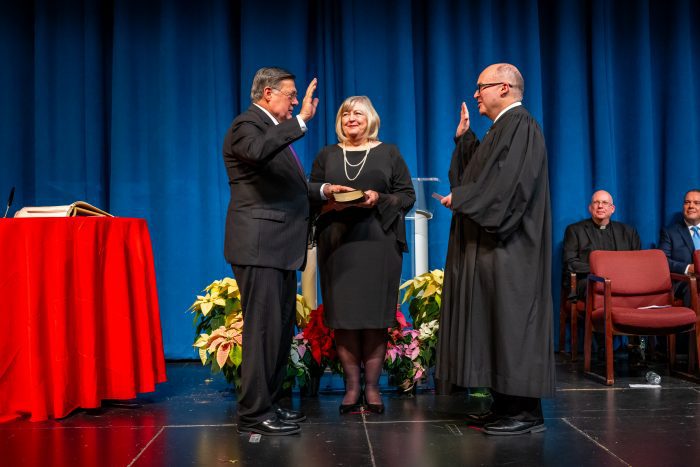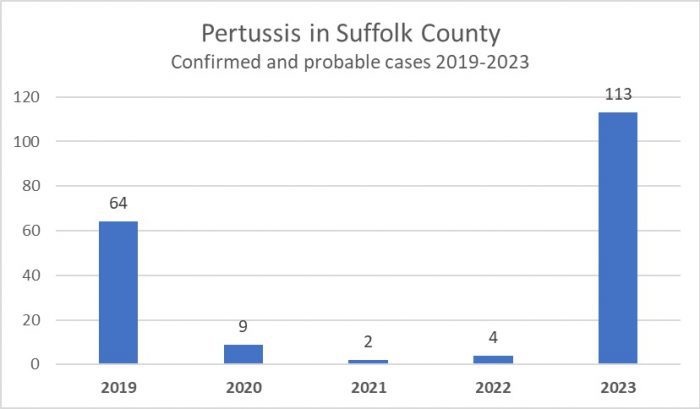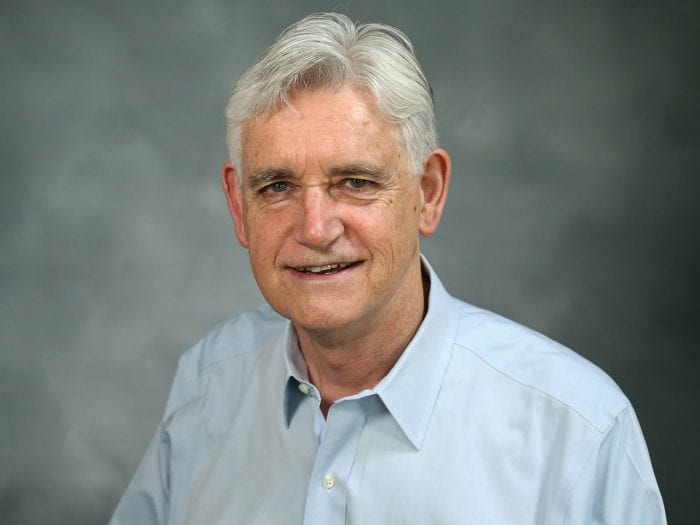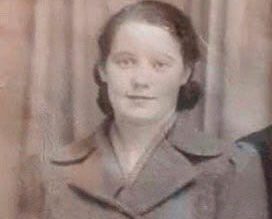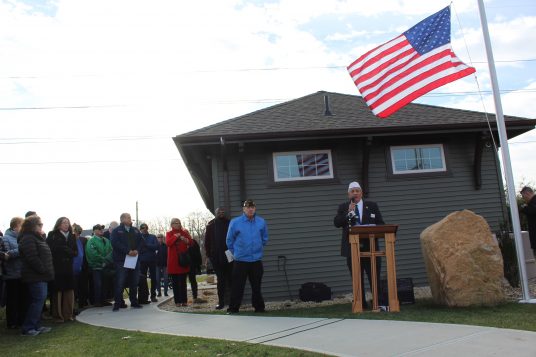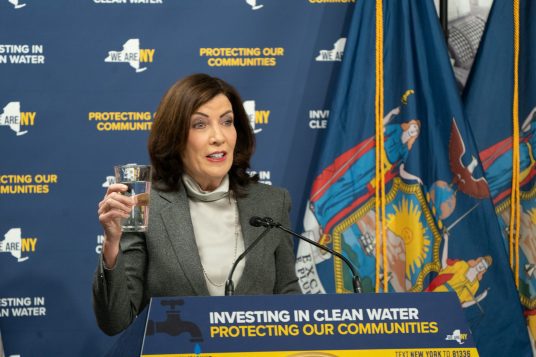Keep those letters coming
Congratulations to my fellow 2023 letter to the editor writers. Surveys reveal that “Letters to the Editor” is one of the most widely read and popular sections of any newspaper. Most newspapers will print letters submitted by any writer regardless of where they live so long as the topic is relevant to readers.
It helps to have a snappy introduction, good hook, be timely, precise and to have an interesting or different viewpoint to increase your odds of being published. Many papers welcome letters commenting on their own editorials, articles or previously published letters to the editor.
I continue to be grateful that the Times of Huntington-Northport, Times of Middle Country, Port Times Record, Village Beacon Record, Times of Smithtown and Village Times Herald along with other newspapers afford both me and my fellow letter writers the opportunity to express our views, as well as differing opinions on issues of the day.
Please join me along with your neighbors in reading the Times of Huntington-Northport and all other sister TBR newspapers. Patronize their advertisers — they provide the revenues necessary to keep them in business. This helps pay to provide space for your favorite or not-so-favorite letter writers.
Larry Penner
Great Neck
Cervical Cancer Awareness Month
Wouldn’t you prevent cancer if you could? You can. January is Cervical Cancer Awareness Month. The Cancer Prevention in Action program at Stony Brook Cancer Center wants to share how you can prevent cervical cancer for yourself and your loved ones.
There are two things you can do to significantly reduce your cervical cancer risk: regular cervical cancer screenings and getting the HPV vaccine. Most cervical cancers are caused by the human papillomavirus. Being vaccinated against HPV would prevent most cervical cancers. The HPV vaccine is recommended for children beginning at age 9 and can be given to young adults through age 26. This vaccine can prevent about 90% of HPV-related cancers from occurring later in life, including cancers of the mouth, throat, anus, vulva and vagina, and penis.
Regular cervical cancer screenings can also help you prevent cancer. Cervical cancer screening tests can find the cells that lead to cancer before it starts. These cells can then be removed. Screening also helps to find cancer early when it may be easier to treat. Cervical cancer screening is recommended from age 21 to 65.
The CPiA program at Stony Brook Cancer Center works to increase HPV vaccination and help reduce cancer rates on Long Island. CPiA educates health care providers, community organizations, parents and young adults about the benefits of the HPV vaccine.
To learn more about cervical cancer prevention and the HPV vaccine, go to takeactionagainstcancer.com or contact us at 631-444-4263 or [email protected].
The best time to take action against cancer is before it starts.
Cancer Prevention in Action
Stony Brook University
Inspirational family stories
My wife and I wondered how we could leave our children and grandchildren with a record of some of the history and genealogy we have collected over the years and make it interesting as well.
This Christmas, we gave each of our children and grandchildren a book of short stories about our families. The 85-page book we finished in early December is titled “Grandpa Swallowed His False Teeth and Grandma Got Run Over by a Cow.” These two stories plus many others, some going back more than 10 generations, are included. We worked diligently over the past year to pull stories together and to edit and correct the book until we were satisfied with its content. We also included many pictures to go along with the text. Some of the stories are parts of articles I have written in The Three Village Herald and The Village Times Herald over the past 40-plus years.
We hope this may inspire you to write down some of your family stories and possibly even share them with readers of TBR newspapers.
Beverly C. Tyler
East Setauket



